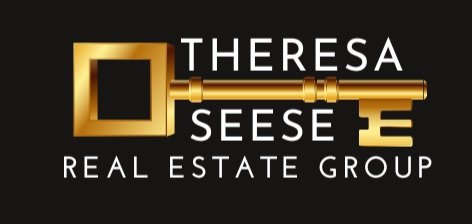There are many ways to save for your home purchase, including through investments and savings accounts, 401K are always an option too. If you have relatives who are willing to contribute money, you may be able to use gift money toward your down payment (in which case, be sure to provide your lender with a gift letter).
But how much do you need to save before buying a home? Let’s look at some of the major expenses related to the purchase, and how much you might want to save for them.
Down Payment
Your down payment is a large, one-time payment toward the purchase of a home. Many lenders require a down payment, because it mitigates the loss they might suffer in the event that a borrower defaults on their mortgage.
Many home buyers believe that they need a 20% down payment to buy a home. This isn’t true. Plus, a down payment of that size isn’t realistic for many first-time home buyers.
Fortunately, there are many options for buyers who can’t afford a 20% down payment. For example, you can get a conventional loan for as little as 3% down. FHA loans have a minimum down payment of 3.5%. VA loans and USDA loans even allow eligible and qualified borrowers to put 0% down.
There are advantages, however, to making a larger down payment. For one, it typically means you’ll have more mortgage options. It also usually means you’ll have a smaller monthly payment and a lower interest rate. Plus, if you put at least 20% down on a conventional loan, you won’t need to pay for private mortgage insurance (PMI).
Closing Costs
You’ll also need to save money to cover closing costs – the fees you pay to get the loan. There are many variables that go into determining how much you’ll pay for closing costs, but it’s usually smart to prepare for 3% – 6% of the home value. This means that if you’re buying a home worth $200,000, you might pay $6,000 – $12,000 in closing costs.
The specific closing costs will depend on your loan type, your lender and where you live. Almost all homeowners will pay for things like appraisal fees and title insurance. If you take out a government-backed loan, you’ll typically need to pay an insurance premium or funding fee upfront.
Before you close on your loan, your lender will give you a document called a Closing Disclosure, which lists each of the closing costs you need to cover and how much you’ll need to pay at closing. Look over your Closing Disclosure carefully before you close to know what to expect and to catch any errors.

